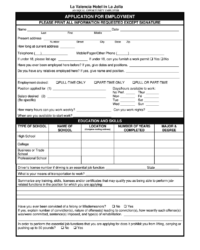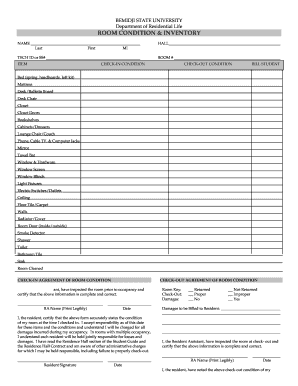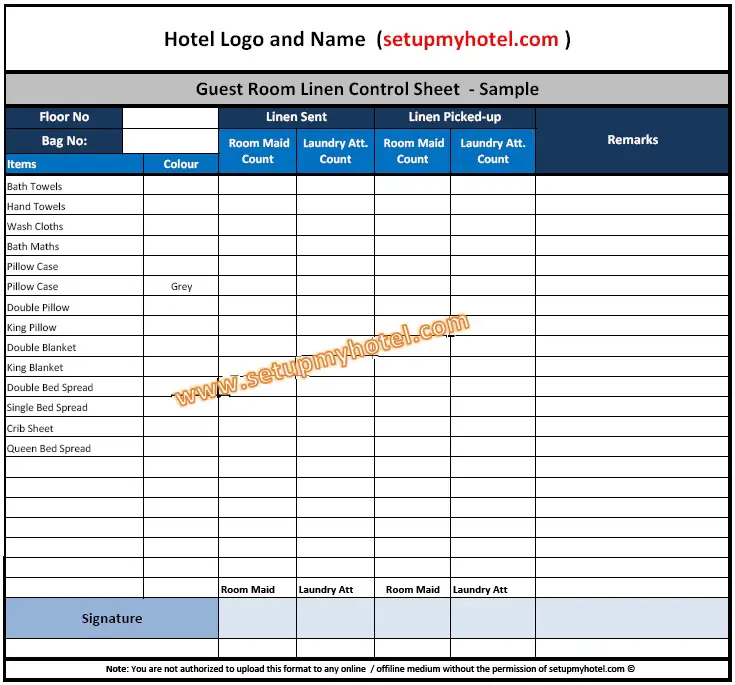Utilizing such a form offers several advantages. It streamlines the application process for both applicants and hiring managers, saving time and resources. Furthermore, it promotes fairness by ensuring all candidates are evaluated based on the same criteria. This structured approach also helps ensure compliance with legal requirements regarding data collection and applicant tracking.
This structured approach to hiring lays the groundwork for effective recruitment and selection processes, impacting overall workforce quality and contributing to the success of a hospitality business. Further exploration of topics such as application design, legal considerations, and effective implementation strategies will enhance understanding of best practices in this area.
Key Components of a Hospitality Application Form
Effective applicant screening relies on a well-designed application form. Essential components ensure comprehensive data collection while streamlining the hiring process.
1: Personal Information: This section typically requests basic details such as the applicant’s full name, contact information (phone number, email address, and mailing address), and sometimes date of birth (while adhering to legal guidelines).
2: Employment History: A detailed record of previous employment is crucial. This includes company names, dates of employment, job titles, and a brief description of responsibilities held in each role.
3: Educational Background: Information regarding education, including degrees earned, institutions attended, and relevant certifications, allows assessment of qualifications and specialized training.
4: Skills and Qualifications: This section focuses on specific skills applicable to the hospitality industry, such as language proficiency, software knowledge, customer service experience, and any other relevant expertise.
5: References: Contact information for professional references allows potential employers to verify information and gain further insights into an applicant’s work ethic and character. Clear instructions regarding reference contact should be provided.
6: Availability: Understanding an applicant’s availability for shifts and work schedules is essential for efficient scheduling. This section often inquires about preferred working hours and days of the week.
7: Signature and Declaration: A signature line and a declaration confirming the accuracy of the information provided are typically included to ensure accountability and compliance.
A comprehensive form covering these areas provides valuable insights into a candidate’s suitability for a position, facilitating efficient candidate evaluation and contributing to informed hiring decisions. Careful consideration of these components helps create a robust and legally sound application process.
How to Create a Hotel Employment Application Template
Developing a standardized application form is crucial for efficient and effective recruitment in the hospitality industry. A well-structured template ensures consistency in data collection, simplifies candidate comparison, and promotes fairness throughout the hiring process.
1: Define Essential Information: Determine the specific information required from applicants based on the roles within the organization. This typically includes personal details, employment history, educational background, skills, and references.
2: Structure the Form Logically: Organize the form into clear sections with concise headings and instructions. A logical flow ensures ease of completion for applicants and simplifies review for hiring managers.
3: Use Clear and Concise Language: Employ straightforward language, avoiding jargon or technical terms that might confuse applicants. Ensure all questions are easily understandable and unambiguous.
4: Ensure Legal Compliance: Adhere to all relevant employment laws and regulations regarding data collection and non-discrimination. Consult legal counsel to ensure compliance with local and national requirements.
5: Offer Multiple Application Methods: Provide options for online submission, printable versions, and in-person delivery to accommodate diverse applicant preferences and accessibility needs.
6: Test and Refine: Before widespread implementation, pilot test the application form with a small group to identify any areas for improvement in clarity, flow, or completeness.
7: Regularly Review and Update: Periodically review the application template to ensure its continued relevance and effectiveness. Update content based on evolving industry best practices, legal requirements, and organizational needs.
A well-designed template serves as a valuable tool in attracting and selecting qualified candidates, ultimately contributing to the success of a hospitality business. Careful planning and attention to detail are essential throughout the creation process.
Standardized application materials provide a structured framework for candidate evaluation, enabling efficient comparison and informed decision-making. A well-designed template ensures consistency in data collection, streamlines the hiring process, and promotes fairness by applying the same criteria to all applicants. From personal details and employment history to skills, qualifications, and references, a comprehensive form facilitates thorough assessment of applicant suitability for roles within the hospitality industry.
Effective recruitment and selection processes significantly impact workforce quality and contribute to organizational success. By prioritizing the development and implementation of robust, legally compliant application procedures, hospitality establishments enhance their ability to attract and retain top talent, fostering a thriving and productive work environment. Continuous review and adaptation of these procedures to evolving industry standards and legal landscapes remain essential for sustained success in talent acquisition.


